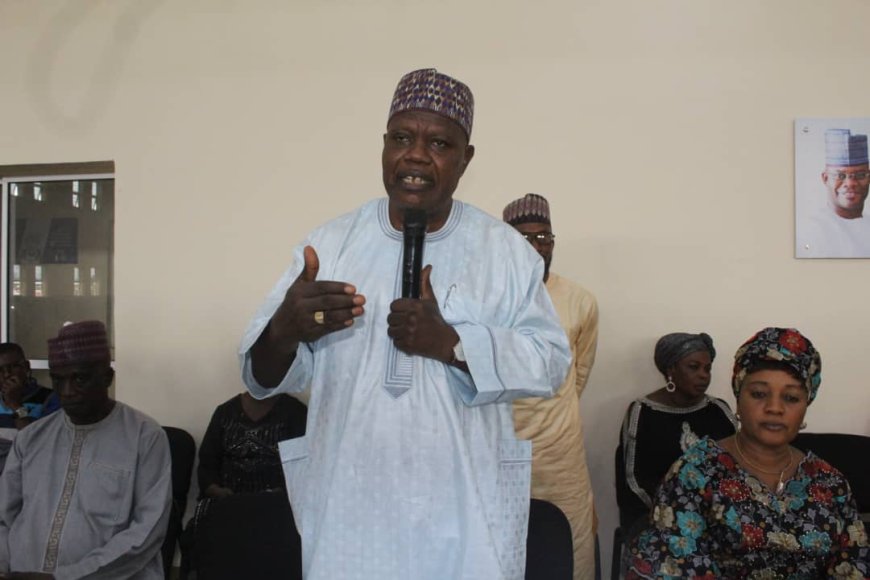New standards in senior secondary schools for implementation early 2026

The National Senior Secondary Education Commission has announced that the implementation of the new national benchmark for senior secondary schools in Nigeria will be completed within nine months.
The National Minimum Standards for Senior Secondary Education in Nigeria, developed by the Commission, were approved at the 68th National Council on Education, held from October 7 to 10 2024.
The documents were subsequently launched by the Minister of Education, Tunji Alausa, in February 2025.
Speaking at the launch of the 2025 Quality Assurance Monitoring and Evaluation Exercise for Senior Secondary Schools in Nigeria held at the Federal Government College, Malali, Kaduna State, on Monday the Executive Secretary of the Commission, Iyela Ajayi, explained that the initiative is designed to assess and enhance the quality of education in secondary schools nationwide.
Ajayi highlighted President Bola Tinubu’s steadfast commitment to the Nigerian people, acknowledging the pivotal role of education in achieving the nation’s collective aspirations.
“We are committed to ensuring that every senior secondary school in the country provides a conducive learning environment that fosters academic excellence, critical thinking, and the development of well-rounded individuals,” he stated.
He noted that the Commission had developed the National Minimum Standards for Senior Secondary Education in Nigeria, which now serve as a benchmark for schools across the country.
Ajayi recalled that the standards were approved at the 68th National Council on Education and launched by the Minister of Education in February. “Copies of the minimum standards were distributed to state delegates at the launch for implementation across the various states. The implementation is expected to be completed within nine months, after which the Commission will commence enforcement of the minimum standards,” he said.
The Executive Secretary explained that the exercise aims to achieve desired learning outcomes through rigorous monitoring and evaluation, identifying strengths and weaknesses, and establishing clear benchmarks for accountability and improvement.
“The programme promotes best practices, empowers educators with constructive feedback and support, and enhances their skills to raise teaching quality and learner outcomes,” he added.
Earlier, the Kaduna State Commissioner for Education, Muhammad Bello, expressed his satisfaction that Kaduna was selected as the location for the flag-off of the 2025 monitoring exercise. Represented by the Director of the Kaduna State Schools Quality Assurance Authority, Usman Zaria, Bello noted that monitoring and evaluation had long been a missing link in the state’s education sector.
He stressed that although the government has continued to invest billions of naira in education, there has been a gap in the monitoring and evaluation of schools. Bello assured the state government’s full support for NSSEC’s initiatives in Kaduna.

 admin
admin 


